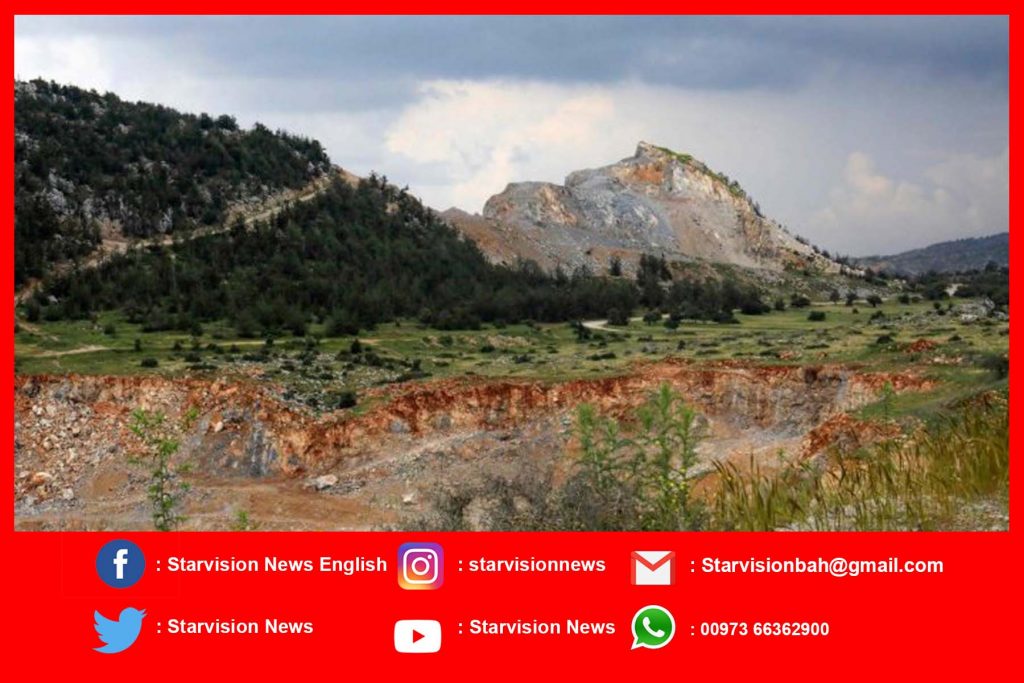Recycling rubble, particularly in countries pummelled by war, is one way to limit the environmental damage caused by extracting sand and rock, according to Pascal Peduzzi of UN Environment. “Syria is experiencing a horrible and tragic war – whole cities will have to be razed and rebuilt,” the expert told. “Construction materials must be recycled or we will have quarry problems.” In neighboring Lebanon, which experienced its protracted civil war (1975-190), a multitude of illegal quarries has already left gaping wounds in the mountainsides. Environmentalists worry there could be an uptick in extraction to feed an eventual reconstruction of Syria. But recycling rubble is also an option for countries not devastated by war. The United Kingdom introduced a tax on landfilling construction materials and “since, builders are recycling (materials) in part to reduce their expenses“, Peduzzi said.
“We must also build multifunctional buildings for the long term,” like schools that can be transformed into retirement homes if the population ages, he added. The extraction of sand and gravel cannot be entirely avoided. But experts warn that it must be strictly limited on coastlines, where extraction causes erosion that can lead to saltwater contamination of groundwater. If saltwater seeps into rivers, it can destroy entire ecosystems. Although the environmental impact of quarries is generally less pronounced, experts still advocate strict rules to ensure land is preserved for agriculture and livestock. “States must levy taxes on extraction so sites can then be rehabilitated and we avoid companies leaving without returning a site to its original state,” Peduzzi said. When quarrying abides by regulations, it is possible to refill a quarry with inert waste and re-cover it with topsoil to replant a forest or recreate agricultural land.
Follow us on Twitter – twitter.com/StarvisionN
Like & Follow us on Facebook – www.facebook.com/starvisionnewsenglish


